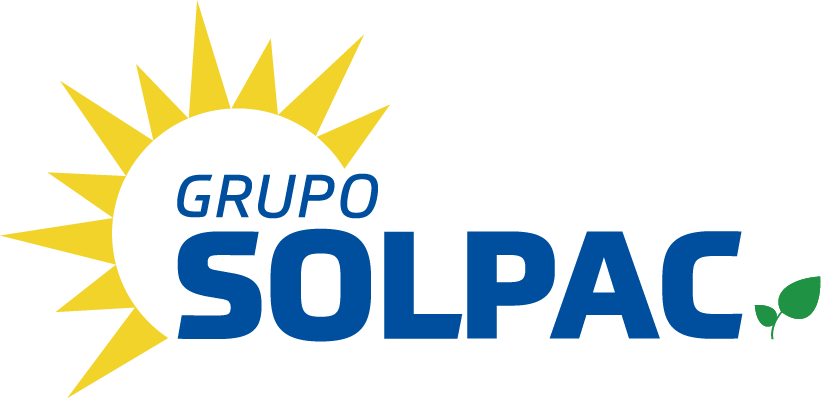Intro to probiotics benefits:
The realm of desktop computer science education is going through a transformative journey along with the advent of virtual labs, transcending traditional boundaries to provide college students with immersive and experiential learning experiences. This article goes into the evolution of digital computer science labs, showing their potential to revolutionize schooling by offering hands-on learning, influencing collaboration, and preparing students for the dynamic challenges with the digital era.
Immersive Discovering Environments: Simulating Real-World Problems
Virtual computer science labs immerse students in dynamic, simulated environments, replicating hands on scenarios. This immersive method enables learners to interact with complex systems, experiment with html coding challenges, and gain practical insights into the applications of hypothetical concepts. The result is a more powerful understanding of computer science key facts.
Hands-On Coding Experience: Bridging Theory and Practice
Typical computer science education normally faces the challenge of linking the gap between assumptive concepts and practical application. Electronic labs address this issue by giving students with hands-on html coding experience. Through interactive code exercises and simulations, learners can experiment with algorithms, debug code, and witness often the real-time outcomes of their programs decisions.
Accessible Anytime, Everywhere: Overcoming Geographic Limitations
Electronic computer science labs break down geographic barriers, offering option of learners regardless of their location. This flexibility allows pupils to engage in experiential discovering experiences anytime, anywhere, decreasing the limitations imposed by actual physical classrooms and facilitating a world community of learners.
Collaborative Learning: Fostering Teamwork and even Knowledge Exchange
The future of personal pc science education lies in collaborative learning, and virtual amenities facilitate this by creating a digital https://www.makexyz.com/f/58d0b47852753b28be43615ae46c5c89 spaces for teamwork and knowledge exchange. Students may collaborate on projects, share insights, and collectively work out coding challenges. This collaborative environment mirrors the collaborative nature of real-world applications development.
Adaptive Learning Paths: Tailoring Education to Individual Needs
Virtual computer science labratories offer adaptive learning walkways, allowing students to custom their educational journey to accommodate their interests and work goals. Whether focusing on details science, artificial intelligence, and also cybersecurity, learners can choose customized modules that align using their passions, creating a more personalized and engaging learning experience.
Timely Feedback and Assessment: Boosting Learning Outcomes
In online labs, students receive timely feedback on their coding routines, enabling them to identify and address errors immediately. This instant feedback loop enhances the discovering process, as students will iterate on their code, know about impact of their decisions, along with continuously improve their coding capabilities. Real-time assessment mechanisms additional contribute to more effective learning outcomes.
Integration of Emerging Technological know-how: Staying Current with Fads
The dynamic nature from the tech industry demands that will computer science education stays aligned with emerging modern advances. Virtual labs can perfectly integrate the latest tools, frameworks, and programming languages in their modules, ensuring that students masteral with skills that are useful and in demand in the ever-evolving field of computer knowledge.
Preparation for Industry Complications: Navigating the Digital Landscape
Experiential learning in online labs prepares students to the challenges they will face in the field. By working on authentic undertakings, dealing with real-world scenarios, and collaborating with peers, young people develop problem-solving skills and adaptability, essential qualities for navigating the fast-paced and evolving digital landscape.
Conclusion:
Innovations in computer science education are being reshaped by the immersive together with experiential nature of multimedia labs. Beyond the television screen, these labs empower college students with practical skills, collaborative experiences, and adaptability, preparing them to thrive in the digital times. As virtual labs continue to keep evolve, their role in healthy diet the next generation of computer experts becomes increasingly pivotal, ushering in an era where hands-on learning is at the thoughts of computer science learning.
